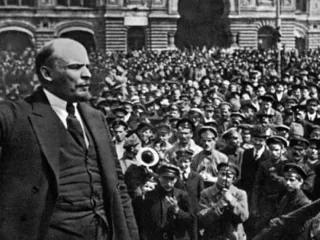The Yom Kippur War, also known as the October War or the 1973 Arab-Israeli War, was a major military conflict fought between Israel and a coalition of Arab states led by Egypt and Syria. It began on Yom Kippur, October 6, 1973, during the Jewish holiday of the same name, initiating a surprise attack against Israel.
Causes of the War: The war stemmed from several interconnected factors. The aftermath of the Six-Day War in 1967 left Egypt and Syria deeply embittered, having lost significant territories (the Sinai Peninsula and the Golan Heights, respectively). Both countries aimed to regain lost land and restore their national pride. Egyptian President Anwar Sadat, seeking to improve Egypt's standing and leverage diplomatic opportunities, and Syrian President Hafez al-Assad, also seeking to recover the Golan Heights, believed that a coordinated attack could achieve these goals. The perceived vulnerability of Israel after the 1973 energy crisis was also considered a contributing factor.
Key Events and Battles: The war's initial stages saw significant Egyptian and Syrian successes. Egypt launched a massive crossing of the Suez Canal, breaching the Israeli Bar-Lev Line of fortifications. Syria simultaneously launched an offensive on the Golan Heights. Israel, initially caught off guard, mobilized its forces and repelled the initial advances. The fighting was fierce and involved numerous large-scale tank battles. The Battle of the Golan Heights and the battles along the Suez Canal were particularly brutal and decisive.
Consequences and Aftermath: The Yom Kippur War resulted in a substantial loss of life on both sides. While Israel ultimately regained control of its territories, it suffered significant casualties and the war shook its sense of invincibility. The war also highlighted vulnerabilities in Israeli military strategy and intelligence gathering. The conflict led to a critical reassessment of the Israeli defense posture. Furthermore, the war marked a significant turning point in Arab-Israeli relations. The diplomatic efforts that followed the war, including the Camp David Accords, paved the way for peace negotiations between Egypt and Israel.
Long-Term Impact: The Yom Kippur War profoundly affected the Middle East. It challenged the status quo established by the Six-Day War, setting the stage for future peace negotiations. The war's legacy continues to influence regional politics and security dynamics to this day. The events demonstrated the importance of effective intelligence gathering and the high human cost of conflict. The war also revealed the limits of conventional warfare and accelerated the development of more sophisticated military technology.
Further Research: For more in-depth understanding, explore scholarly articles and books on the Yom Kippur War, focusing on the experiences of different combatants and analyzing the long-term consequences of this significant historical event.





























